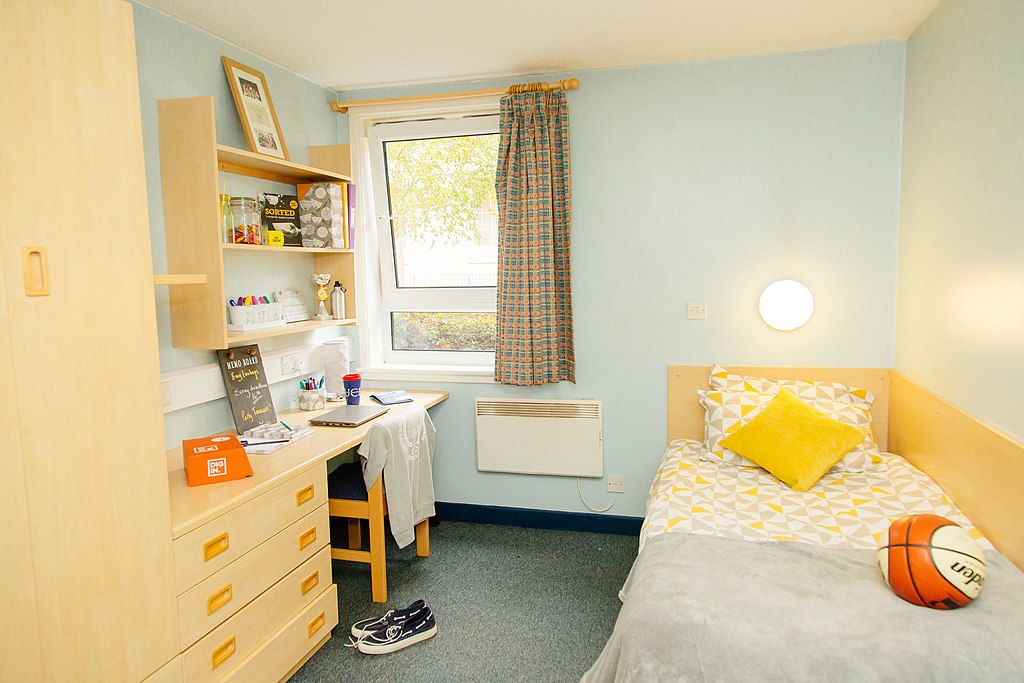There is growing evidence that HMOs – specifically student HMOs – may be reduced in number by the provisions of the Renters Reform Bill.
Typically, HMOs in the private sector, rented by students, can be up to £30 a week cheaper than purpose-built student accommodation in halls of residence. It is therefore vitally important that the level of choice and economy for students provided by this sector is maintained, particularly during the current cost of living crisis, coupled with an increase in student intake in universities across the country.
The issue is that student HMOs – by their very nature – require tenancies to be fixed term. This is normally for a year to cover the academic year in question. The students will then move on after the academic year, freeing up the accommodation for the next student tenants and so on and so forth. However, a key part of the Renters Reform Bill is the removal of fixed term tenancies in favour of a single ‘periodic’, or ongoing tenancy. Institutional landlords running purpose-built student accommodation are exempt from this legislation.
This would in turn mean private landlords would be unable to guarantee spaces to new students at the start of the next academic year, and the fear is that this could result in student landlords exiting the market, subsequently reducing the mix of accommodation options for students. Simple supply and demand economics would then start to drive up the cost of HMO accommodation for students at this critical time as they start to struggle to find accommodation.
There is already evidence of an impact following a similar change in law in Scotland, with students struggling to find suitable accommodation.



